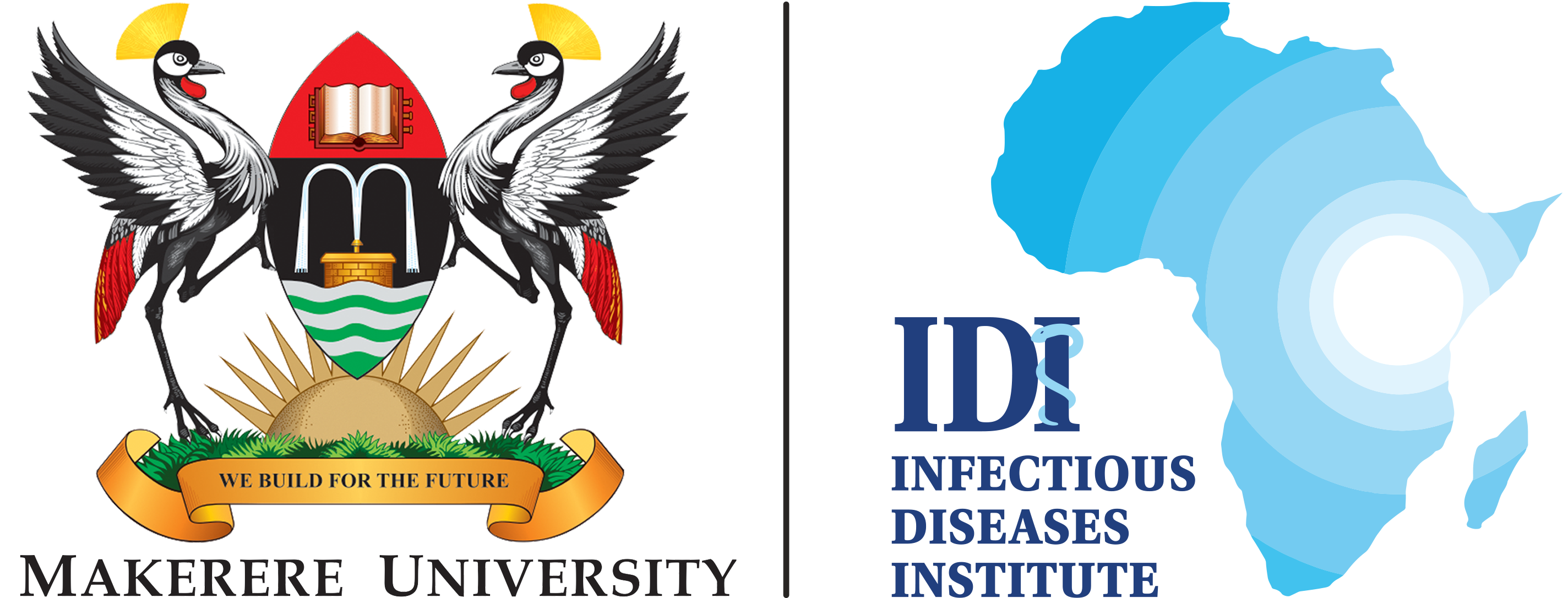- Associated Links
-
-
Our united network of partners and institutions share a vision for excellence, innovation, and impact. Together, we harness our combined strengths to create meaningful change.
-
-
-
- Careers
-
-
Our people are our greatest asset. We foster a thriving environment where everyone can flourish and make a difference. Join us in driving innovation and positive change through fulfilling career opportunities.
-
-
GREATER INVOLVEMENT OF PEOPLE LIVING WITH HIV/AIDS
Turning the Tide Through Positives
The Greater Involvement of People Living with HIV and AIDS (GIPA) principle, which asserts that the experiences of those living with HIV should inform care and policy-making, was initially articulated in 1983 and officially adopted at the Paris AIDS Summit in 1994. Uganda, among 42 countries, recognised GIPA as crucial in responding to the HIV/AIDS epidemic. The Infectious Diseases Institute (IDI) fully embraces GIPA and, in 2009, established a patient-led initiative to create a network of care supporters and volunteers, emphasizing prevention and adherence to HIV treatment.
Observing that a significant percentage of HIV-infected individuals were unaware of their status and posed a serious risk to the general population, IDI acknowledges the critical contribution of people living with HIV in the struggle to address the HIV/AIDS pandemic. Today, HIV-positive people and their families—known as Friends—are at the centre of everything the institute does. HIV prevention is central to all our clinical activities, and people living with HIV/AIDS (PLHIV) are at the forefront of the struggle to address the HIV/AIDS pandemic. We strive to put in place mechanisms to ensure that Friends have the information and support they need to live healthy, productive lives.
We work with our Friends to educate, inspire, and persuade different segments of the population to change risk behaviours. We espouse ‘prevention through positives’ and encourage our Friends and their families to play an ever-increasing role in the prevention, care, and treatment process at different levels of care. We also work with HIV-positive individuals and their partners to promote healthy living and reduction in risk behaviours among people living with HIV and discordant couples. All these prevention efforts aim to diminish the spread of HIV to sexual partners, injection drug use partners, and infants born to HIV-infected mothers, as well as protect the health of infected individuals.
GIPA has several components, including the Friends’ Council, the Music, Dance, and Drama group, the skills-building program, and resource centres. The Friends’ Council, consisting of representatives from all the special groups of friends at the clinic, is a group democratically elected as a formal link between the Friends and the IDI administration. They are involved in supporting specific clinic roles such as registration, taking vitals (weight and height), prioritising patients for care, peer support, and managing the resource centre.
A critical component of the GIPA programme is its strong professional Music, Dance, and Drama group. The group that has evolved over time has a repertoire of songs and skits that carry crucial messages regarding HIV prevention, care, and adherence. It participates in community mobilization and sensitisation exercises, enabling the community to gain a better understanding of HIV/AIDS prevention, adherence, stigma reduction, family planning, discordance, and behaviour change, among others.
Through the resource centre, the Friends’ Council (a patients’ advocacy group that is democratically elected by peer friends) coordinates the program of health talks for friends in the waiting areas. Several topics are posted weekly on the bulletin board located in the waiting areas, commonly known as the marketing places. The talks are conducted by IDI staff and peer educators on a voluntary basis with the purpose of improving the well-being of friends through information sharing.
Besides clinical and professional counselling that friends receive at IDI, the Margaret Trowel School of Industrial and Fine Arts at Makerere University has helped empower IDI Friends through therapeutic art, which has offered another dimension of care, vital for mental and psychological healing. Indoor games have changed the waiting area from a stigmatizing place to a lively and interactive one. In turn, this has facilitated adherence through experience sharing
The Greater Involvement of People Living with HIV and AIDS (GIPA) principle, which asserts that the experiences of those living with HIV should

